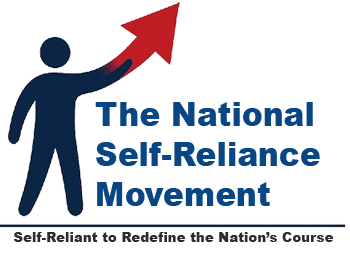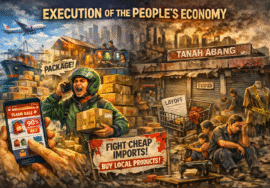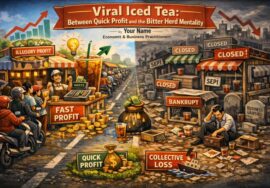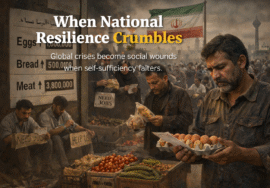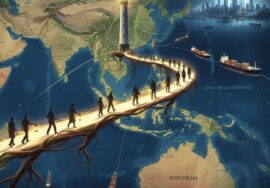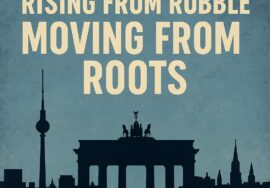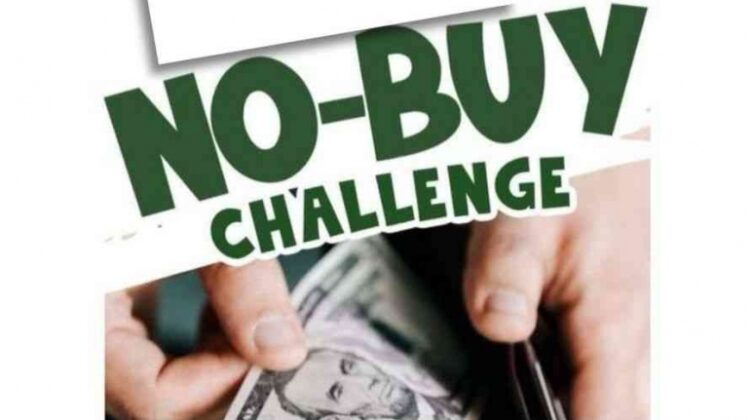
No Buy Challenge 2025: A Test for the State in Protecting MSMEs
The No Buy Challenge 2025 has recently become a hot topic. Young people are encouraging society to spend more wisely: buying only what is truly needed, not just giving in to consumerist impulses. From a financial literacy perspective, this idea is worth appreciating. The younger generation is learning to manage their spending, and society is becoming more aware that controlling desires is an important part of building independence.
Yet behind this spirit of frugality lies another face that cannot be ignored: MSMEs (micro, small, and medium enterprises). They are the backbone of the people’s economy, surviving on daily transactions—small purchases at food stalls, routine shopping at traditional markets, loyal customers who keep coming back. When consumption is restrained, the impact is immediate: sales decline, money circulation slows down, and business resilience weakens.
This is the paradox we face. A grassroots movement for frugality emerges from people’s awareness, yet it ends up testing the very economic base of ordinary people. The question is: where is the state in all this?
For us at GerakanMandiri.com, the No Buy Challenge 2025 is a serious test for the state. A test to prove whether economic policies truly stand with MSMEs or merely turn them into campaign slogans. MSMEs cannot be left alone to deal with shifting consumer behavior. They need real support through:
Digital literacy and value-based marketing, so that local products are not only sold but also carry stories that bond consumers.
Access to microfinance and adaptive capital, so that small businesses have a cushion when markets slow down.
A fair distribution and promotion ecosystem, one that does not simply benefit big players.
The No Buy Challenge should not be seen as a threat but as a momentum to strengthen the foundation of the people’s economy. With proper support, MSMEs can adapt—not only selling goods but building customer loyalty, not only waiting for buyers but creating value that makes consumers feel part of their story.
But if the state turns a blind eye, the No Buy Challenge could become a harsh blow: people are pushed to save, while small businesses are left struggling. And the truth is, national independence is impossible if MSMEs—the lifeblood of the people’s economy—are left to collapse.
In the end, this movement is not only about spending less. It is a mirror reflecting our sincerity: are we merely good at talking about empowering the people’s economy, or are we truly standing with them? At this moment, the state is being tested.
